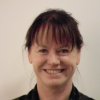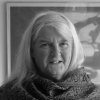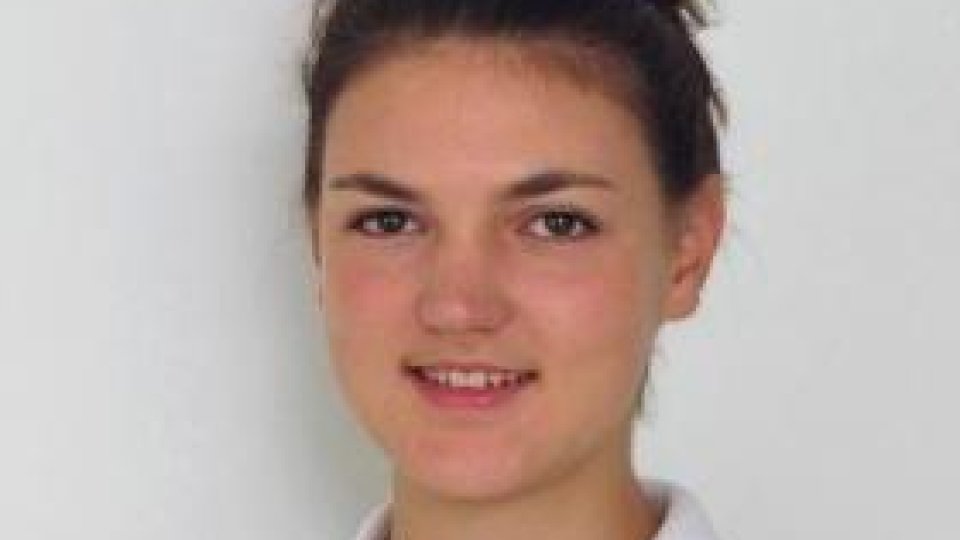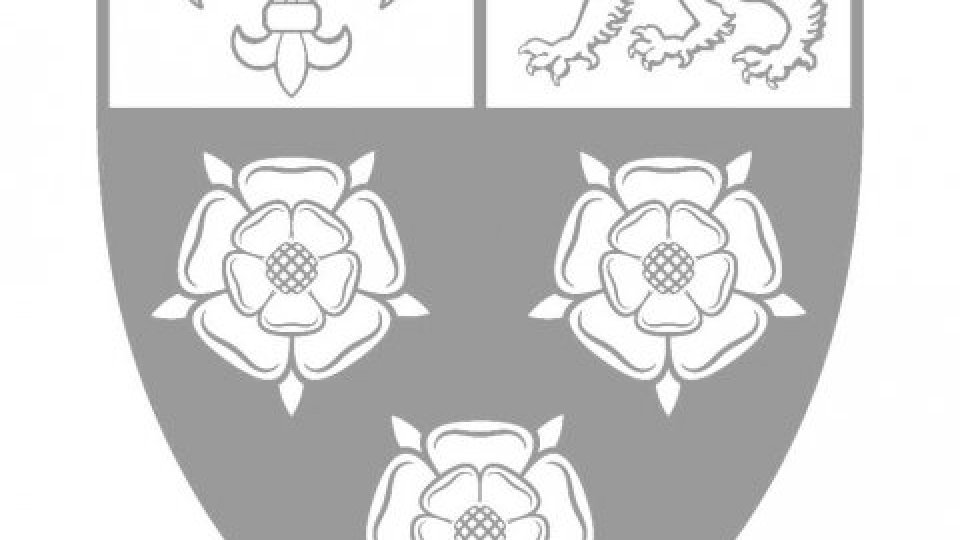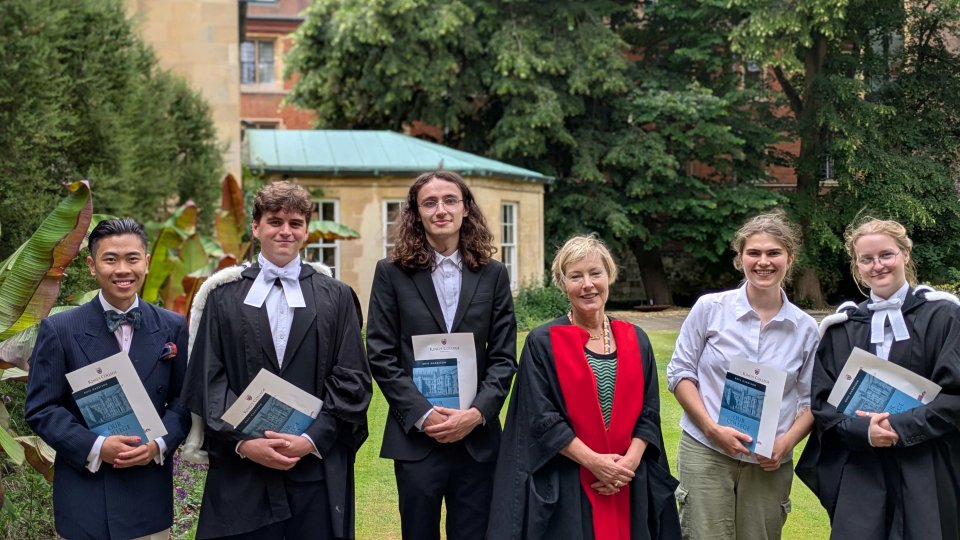Anglo-Saxon, Norse and Celtic (ASNC) is a course about the history, culture, languages and literature of the British Isles and Scandinavia from the fifth to eleventh centuries. This is a unique and exciting course which will appeal to students with a wide range of interests in languages and humanities. The range of options is not available in courses at any other university, and ASNC students enjoy the opportunity to discover new areas of interest and the flexibility to place the emphasis of their studies where they please.
Over the course of the degree, most students will select a combination of historical and literary options. In this way, budding historians will learn to handle the various kinds of evidence at their disposal and to read primary sources in the original languages. Students whose primary interest lies in language and literature will be able to place the literature of their choice in its historical context and to study it against its cultural background and in comparison with other literatures.
For students with more specific interests, it is also possible to select a range of mainly historical or mainly literary and linguistic courses, or to concentrate on either the 'Celtic' or 'Germanic' peoples.
Anglo-Saxon, Norse and Celtic at Cambridge
Undergraduate students and staff talk about studying Anglo-Saxon, Norse and Celtic at the University of Cambridge. To find out more about this course, see www.undergraduate.study.cam.ac.uk While every effort has been made to ensure that the information contained in this video is accurate at the time it was uploaded, changes are likely to occur. It is therefore very important that you check the University and College websites for any updates before you apply for the course by visiting…
The department is small with about 25 students in each year, and the ASNC community is very friendly and sociable. As no College has many ASNC students, you will quickly make course friends from other Colleges. At King's, you will find a lot of students with overlapping interests in history, anthropology, sociology, linguistics, literature of all kinds and a range of European, Asian and Middle-Eastern languages. The College offers a supportive and stimulating community for students with a very wide range of specialisms.
Like a number of smaller subjects at Cambridge, ASNC is taught in a department-based manner. Undergraduates work with experts across the University, carefully supported by a Director of Studies who organises supervision teaching and oversees academic progress at College level.
We welcome suitably qualified applicants from all backgrounds, all over the world.
Subject Requirements
There are no subject requirements for the ASNC course. Many students find subjects such as English (language or literature), History, a modern or ancient language, or other humanities subjects helpful.
Written Work
Once candidates have applied through UCAS they have to submit two recent essays written for school or college work and marked by a teacher. We will provide information on how to submit this after 15th October.
Written Assessments
There are no written assessments for ASNC applicants at King's.
Interviews
Most (but not all) candidates are invited interview. There will usually be two interviews, with one or two subject specialists at King's in each.
Rebekka and Tom have written about their experiences of studying Anglo-Saxon, Norse and Celtic, including what attracted them to the course, how supervisions work, and how they prepared to apply. These accounts are well worth reading to get a sense of what studying ASNC at King's is really like.
There is no required reading material for ASNC applicants, however you may find the introductory reading suggestions useful and you might like to listen to some ASNC languages on the Spoken Word website. Useful phone apps for ASNC include LP Old English, LP Old Norse and a number of Memrise resources (available both online and as apps). You may find others too!
Events which may be of interest in the year before you apply (year 12 in the UK) include Oxford and Cambridge Student Conferences in March, Subject Masterclasses, the ASNC Faculty Open Day in June, and King's Open Days. Students from backgrounds where there is little tradition of entry to Higher Education might like to think about applying for the Sutton Trust Summer Schools or the CUSU Shadowing Scheme.
